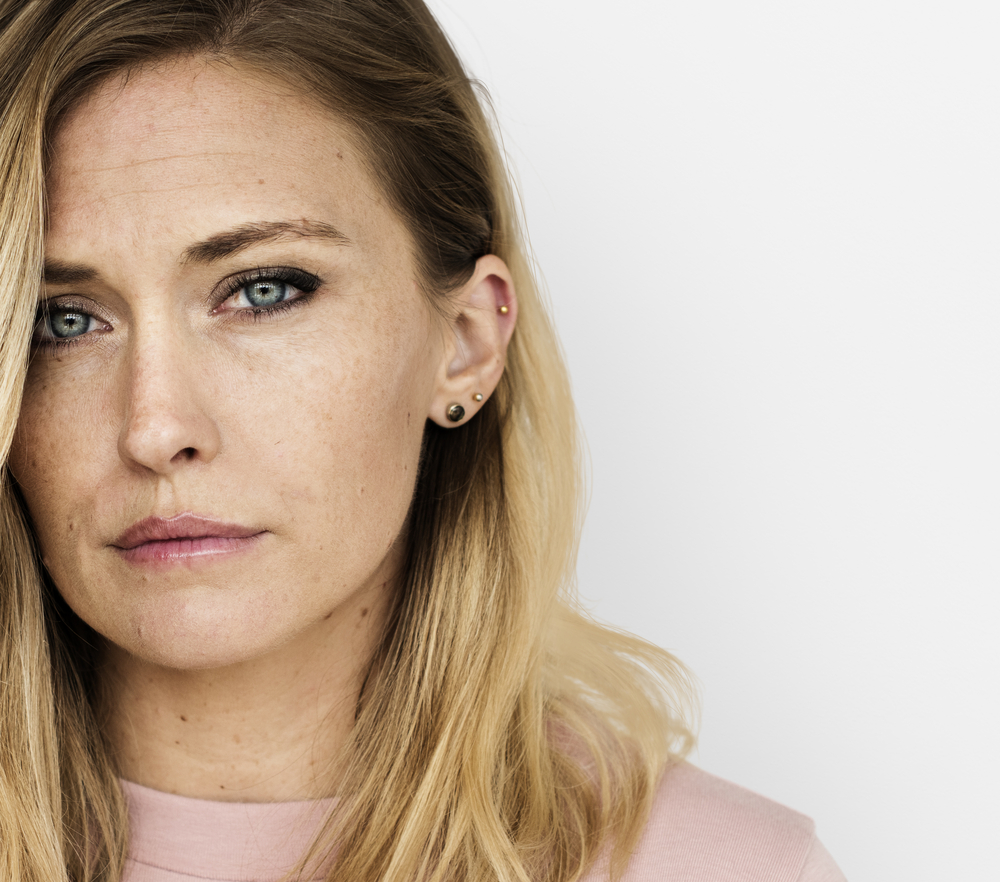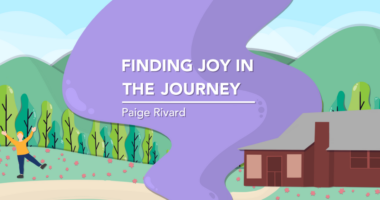Caregivers of Prader-Willi Patients Need More Support, Study Shows

Caring for patients with Prader-Willi syndrome (PWS) has a significant effect on caregivers’ quality of life, and caregivers are in need of better support, a recent study found.
Despite the positive effects that growth hormone therapy has had for patients with PWS, including improving their height, strength, and sense of well-being, those caring for PWS patients face many challenges because the therapy does not significantly improve other symptoms such as hyperphagia (excessive hunger) and behavioral issues.
Indirect assessments have previously suggested that this affects caregivers by impacting their mood, stress levels, family relationships, and overall quality-of-life, and that this impact is greater than that experienced by those caring for children with other medical conditions.
The findings were reported in the study “High levels of caregiver burden in Prader-Willi syndrome,” which was published in the journal PLOS One.
The study included 142 PWS caregivers who were asked to complete questionnaires that assessed their burden. One of the questionnaires, known as the Zarit Burden Interview (ZBI), is commonly used to assess the psychosocial and health impacts of caregiving, while the other questionnaire assessed the impact on finances, mood, sleep, and marital relationships.
The caregivers surveyed, whose ages ranged from 30-59, lived in the U.S. Most were non-Hispanic whites, married or in a relationship, and mothers. Most reported an income of more than $60,000 per year, received help caring for PWS patients, and provided care at home.
In total, 56 percent of caregivers reported experiencing high levels of burden (with a ZBI score of more than 40), while 36 percent reported a mild to moderate burden (a ZBI score of 21-40), and only 8 percent reported little to no burden (0-20).
The level of burden also varied according to the age of the PWS patient. Caregivers caring for patients ages 12-18 and 19-30 had significantly higher ZBI scores than those caring for patients ages 0-4.
“The level of caregiver burden is the lowest for caregivers of infants and young children aged 0–4 years. Level of burden increases in caregivers of children aged 5–11 years and reaches its highest level in caregivers of adolescents and young adults. Caregiver burden tends to decrease in caregivers of adults aged 31 or above to levels similar to those caring for the youngest PWS group,” the researchers wrote.
Caregivers also reported moderate to extreme depression or low mood (35 percent), moderately high to extreme anxiety (54 percent), and an adverse effect on their marriage or romantic relationships (90 percent).
Researchers then assessed if the ZBI score could be used to reflect the impact on quality of life. They found that ZBI scores are significantly correlated with the impact on relationships, mood, anxiety, sleep, and work for caregivers.
In contrast, no strong correlations were found between family income or level of help a caregiver receives and ZBI scores.
Overall, the results indicate that ZBI can be used to assess the impact of caregiving for PWS patients.
“Our study reveals that PWS incurs high caregiver burden and impacts many aspects of the lives of the caregiver,” researchers concluded. “Consequently, caregivers of children with PWS may represent an underserved clinical population, who warrant attention, assessment and intervention in their own right.”






